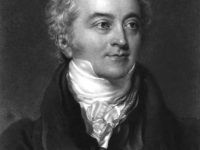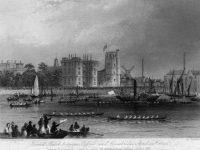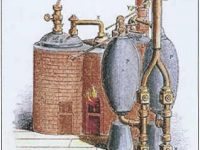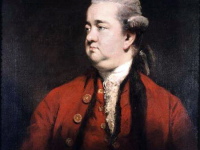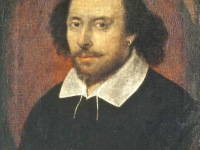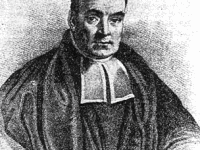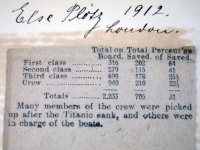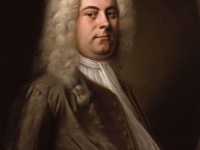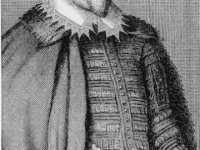Churchill’s Best Horse in the Barn – Alan Turing, Codebreaker and AI Pioneer
On June 23, 1912, English computer scientist, mathematician, logician, and cryptanalyst,Alan Mathison Turing was born. Outside the world of computer science or mathematics the name of probably the most influential figure and in some sense the father of all computing technology Alan Turing is hardly known. But it was him, who laid the foundations of the theory of computing. Already in the 1930s, when no digital electronic computer had ever been built,…
Read more


